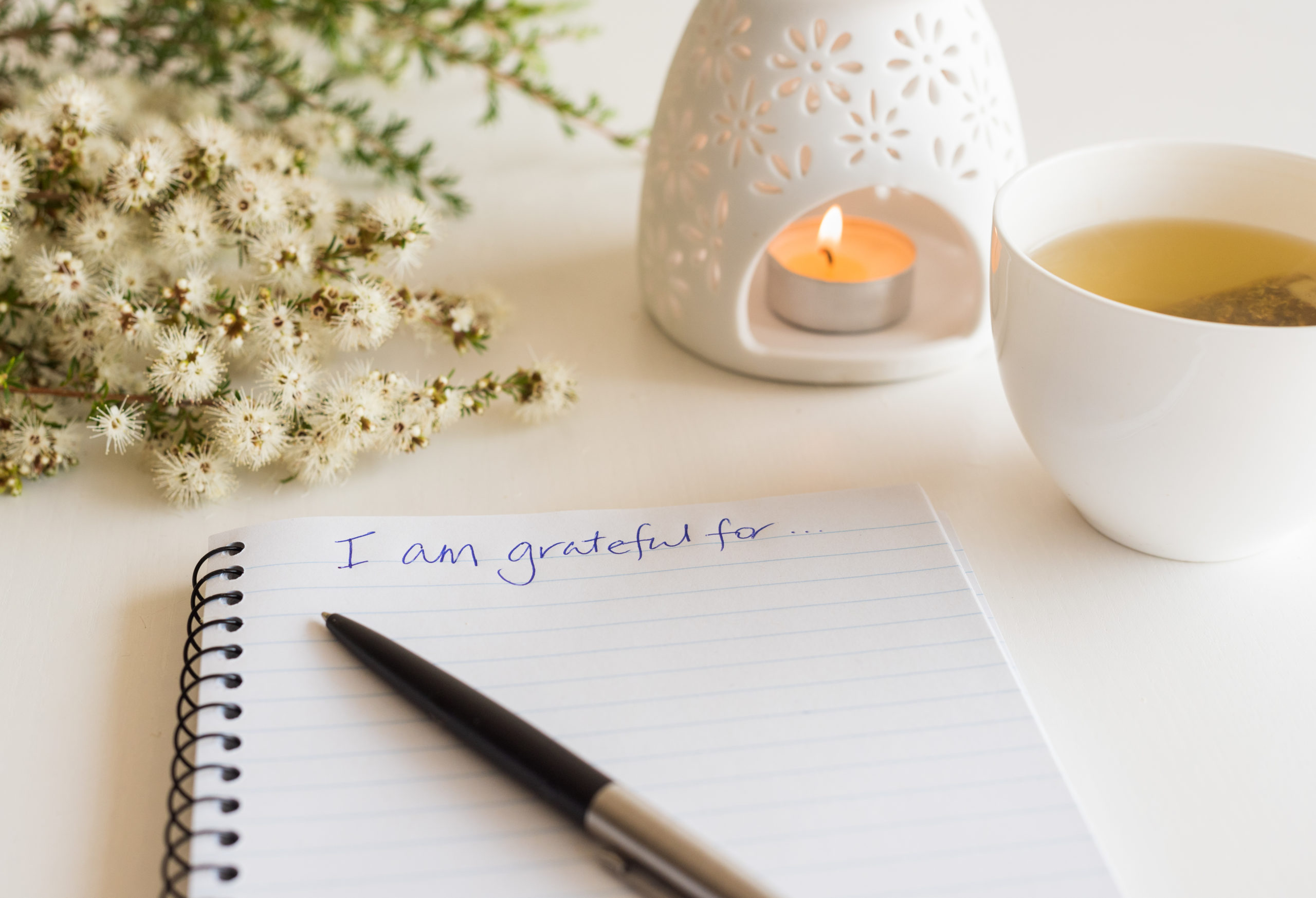
Journaling is a powerful tool you can use to work through confusing or convoluted thoughts and feelings. Journaling gives you a chance to externally process without needing to sound eloquent, well thought out or even polite. It’s a free, safe space to say what you need to say, when and how you need to say it.
Why journaling?
In addition to being an effective method of processing what’s going on in your life, mind, heart, etc., journaling serves as a kind of documentary. It might tell the story of your battle with addiction, from where it began to where it is now; or, your journal might’ve started with that day you first stepped foot in the treatment center, wondering what in the world you got yourself into.
When you’re honest in your writing (as you should always strive to be), you can genuinely document everything in your journey — from victories and milestones, to setbacks and challenges, small joys, real hesitations and moments that took you by surprise.
Once you’ve immortalized your journey in writing, you can return to your journal time and again to marvel at how far you’ve come, recognize patterns in your behavior you desire to change or remind yourself that even though it’s not been easy, it sure has been worth it.
Types of journaling
There are various kinds of journaling, all of which can benefit your addiction recovery journey, but certain ones might appeal to your personal style more than others. Styles to choose from include:
- Diary style – Don’t worry, this isn’t the “Dear Diary” stereotype. Rather, journaling in the style of keeping a diary is the traditional kind of journaling where you keep a daily log of your life. You might write about a significantly impactful conversation you had with a friend or counselor, an enlightening experience or a particularly hard challenge, and include how you felt about it, how you dealt with it and what you learned from it. Then, when you encounter similar situations in the future, you can reference back to your writing as a guide.
- Gratitude journal – A gratitude journal offers a place for you to write down moments, people, conversations or incidents you are grateful for. Perhaps you buy a planner and jot down three to five things in your day that you appreciated, or you can choose to be more elaborate by detailing these moments more thoroughly.
- Spiritual journal – Perhaps you choose to take your journal with you to prayer or meditation, and write down your experiences, thoughts or concerns in a way that reaches out to God or a higher power. You might write in a way that helps you let go of your struggles and fears, or note revelations of peace and security you experience during the time you spend engaged in spiritual practices.
- Goal journal – A goal journal keeps a list of all your goals in accord with your values and tracks your progress. It can be much more motivating to look back and see how far you’ve come than to feel like you’re chasing something unattainable. By seeing your goals and the steps you’ve taken towards them in writing, you can find motivation and perseverance to keep at it.
- Reflection journal – A reflection journal can be a helpful recovery tool that allows you to revisit your day at the end of the day for the sake of noticing areas where you could have done better, as well as times you excelled and feel gratitude towards. Reflecting on your day increases self-awareness, gratitude and a greater strength in recognizing and combating temptations and struggles the following day.
Prompts and ideas to get you writing
You can write about whatever you want in your journal, but sometimes staring at a blank page is intimidating. Here are some ideas we thought might help get you started:
- Select a quote that speaks to you and write it down. Then, discuss why it means so much to you, such as how you discovered it, why its timing was significant, how it motivates you, etc.
- Write out a thank you letter to those who have helped you get to the place you find yourself in today.
- What gives you hope in recovery? What keeps you going on the days that are more difficult?
- What is something you like about yourself or that you’re proud of that not many people know about? How could you start sharing that with people, if that’s important to you?
- Tell the story of your addiction, from how it began, down what roads it took you, to the moment you chose recovery and how treatment/recovery has been so far.
- How’re you going to celebrate your first sobriety birthday? Who do you want there and where do you want to go?
- What do you hope to gain from the recovery process? What do you want to let go of? Are there relationships you want to rekindle, or ones you want to relinquish?
- What brings you joy? Not just makes you happy, but makes you pause and relish in the peace and solace it brings to your soul.
Journaling through recovery
No matter what you chose to write about, journaling in addition to addiction recovery treatment programs, such as those offered through High Focus Centers, can relieve stress, prevent relapse and motivate you throughout your entire recovery.
Recent Posts
- How Mood Stabilizers Work to Restore Emotional Balance
- Trauma-Informed Approaches in Therapy: Why Understanding Trauma is Essential for Healing
- Using Art as a Voice: Exploring the Therapeutic Benefits of Creativity
- What is Xylazine?
- How Overcoming Roadblocks is Crucial to Recovery – And How Your Treatment Center Can Help




